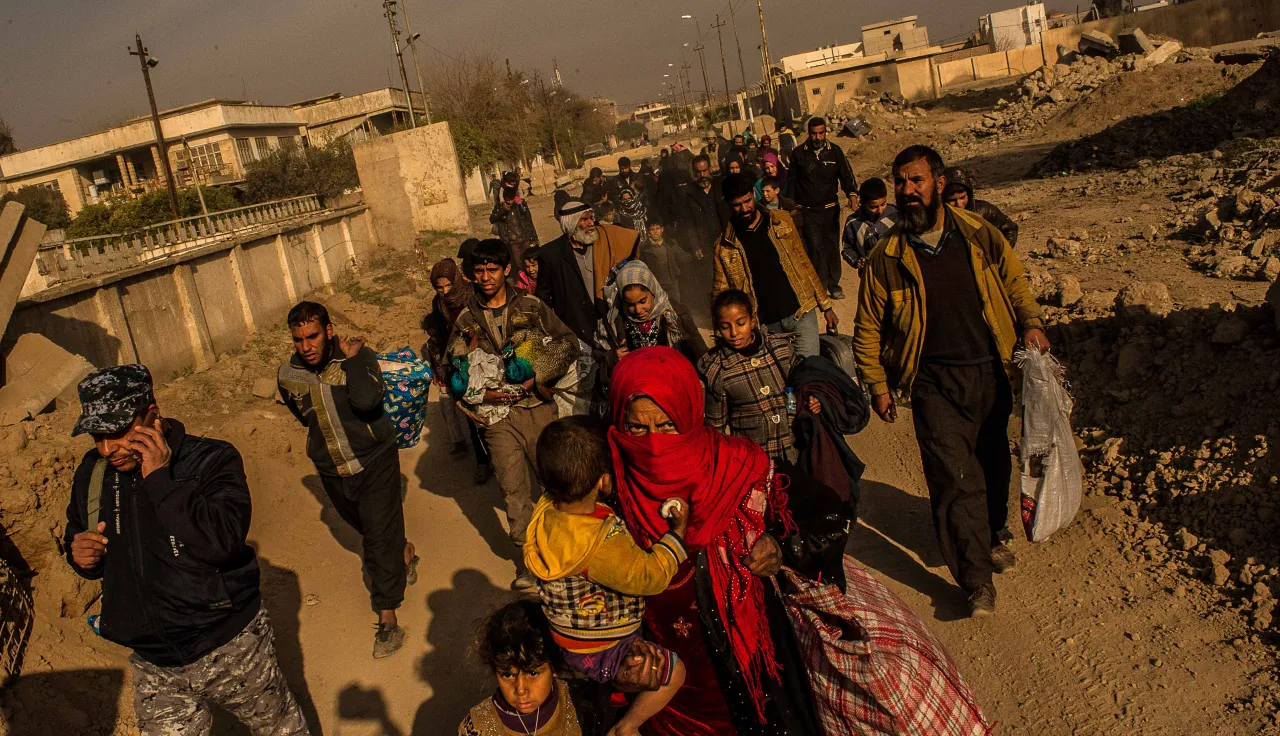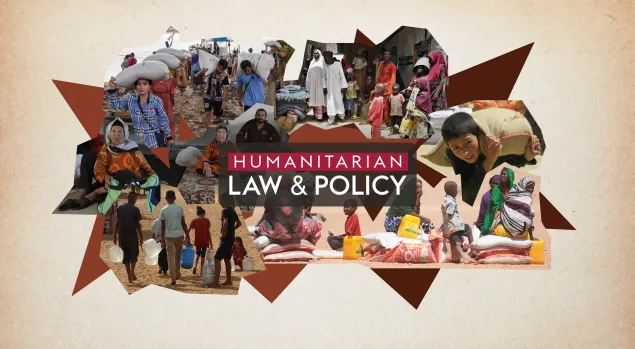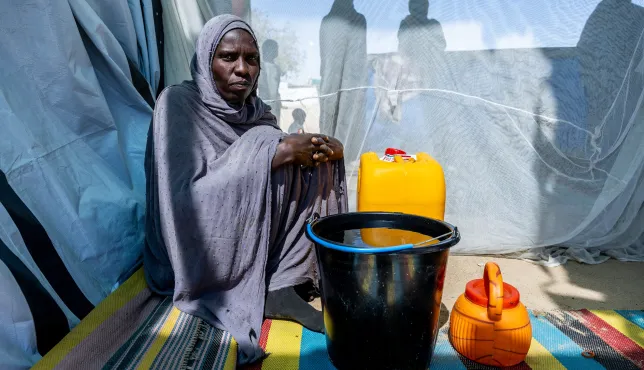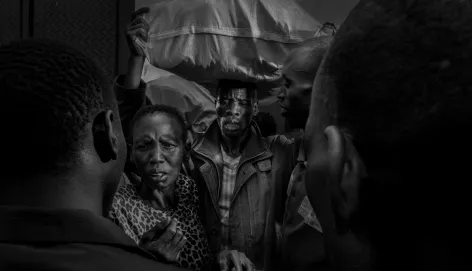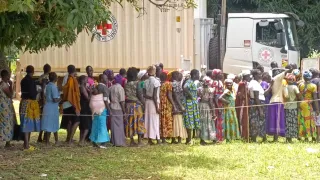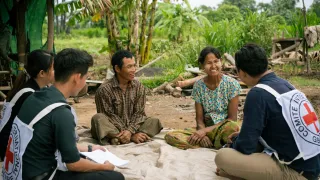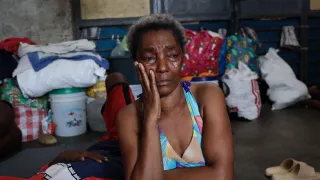Did you know that millions of people have been displaced inside their own countries by armed conflict and violence? Internally displaced people are those who have been forced or obliged to leave their homes behind, notably for reasons related to armed conflict or other violence, and who remain within the borders of their country.
As a consequence of being displaced, civilians often struggle to meet their essential needs amid heightened hardship, and they may face particular threats, such as tensions between them and host communities, settlement in unsafe or otherwise unfit locations, and forced return to unsafe areas. Also, the lack of access to official documents, often left behind or lost during flight, is one of the major concerns affecting internally displaced people. Without those documents, people may not be able to access essential services such as health care and education.
International humanitarian law (IHL) contains important provisions to prevent the displacement of civilians and the suffering it causes. It also aims to ensure that, when displacement does take place, internally displaced people are protected and given assistance at all stages of their displacement.
We are helping those displaced in cities and towns by looking at new ways to improve the humanitarian response.

